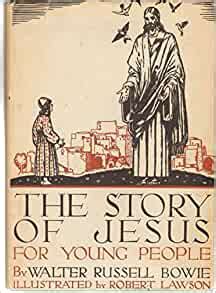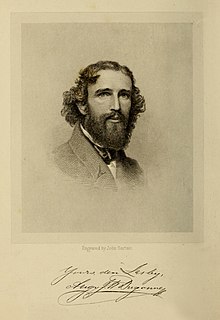A Quote by Ayn Rand
Love, friendship, respect, admiration are the emotional response of one man to the virtues of another, the spiritual payment given in exchange for the personal, selfish pleasure which one man derives from the virtues of another man’s character.
Related Quotes
It is pleasure that lurks in the practice of every one of your virtues. Man performs actions because they are good for him, and when they are good for other people as well they are thought virtuous: if he finds pleasure in helping others he is benevolent; if he finds pleasure in working for society he is public-spirited; but it is for your private pleasure that you give twopence to a beggar as much as it is for my private pleasure that I drink another whiskey and soda. I, less of a humbug than you, neither applaud myself for my pleasure nor demand your admiration.
Every human being lived behind an impenetrable wall of choking mist within which no other but he existed. Occasionally there were the dim signals from deep within the cavern in which another man was located so that each might grope toward the other. Yet because they did not know one another, and could not understand one another, and dared not trust one another, and felt from infancy the terrors and insecurity of that ultimate isolation there was the hunted fear of man for man, the savage rapacity of man toward man.
Man is naturally more disposed to beneficent than selfish actions. This we learn even from the history of savages. The domestic virtues have something in them so inviting and genial, and the public virtues of the citizen something so grand and inspiring, that even he who is barely uncorrupted, is seldom able to resist their charm.
Contrary to popular opinion, Christians are not nice polite people who never get angry with one another. Those are not the virtues of God's people. Our virtues are truth-telling, kindness, forgiveness and yes, even anger-as long as it is the anger that is part of true love-through which we move closer to one another and to the God who has shown us how it is done.
Loyalty saves us from the self-advantaging compromising of important relations - such as friendship, marital and professional commitments, group memberships, and so on. But as the Aristotelians would put it, its expression requires phronesis - wisdom not to allow it to compromise other important virtues ,there is something to the ancient doctrine of the unity of the virtues. I believe that is true of all virtues, but especially of the executive virtues - such as industriousness, sincerity, conscientiousness, and courage - which may become detached from substantive goods.
The definitions of humanism are many, but let us here take it to be the attitude of those men who think it an advantage to live in society, and, at that, in a complex and highly developed society, and who believe that man fulfills his nature and reaches his proper stature in this circumstance. The personal virtues which humanism cherishes are intelligence, amenity, and tolerance; the particular courage it asks for is that which is exercised in the support of these virtues. The qualities of intelligence which it chiefly prizes are modulation and flexibility.




































